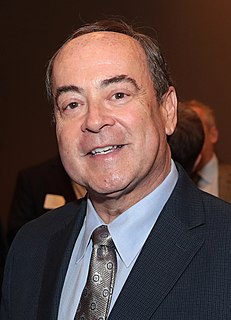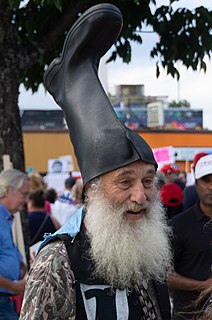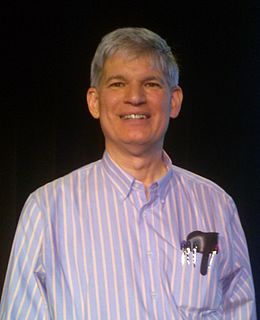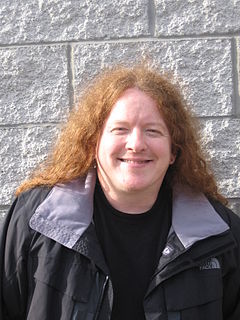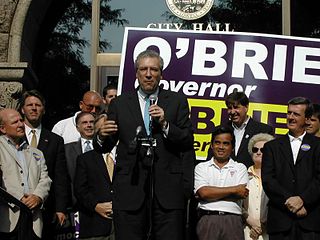A Quote by Linus Torvalds
When I do programming in my free time and for my own enjoyment, I really want to have a kind of protection: knowing that when I improve a program those improvements will continue to be available to me and others in future versions of the program.
Related Quotes
One of the things I like about the computer that I use is that I can write a program on it or I can download a program on to it and run it. That's kind of important to me, and that's also kind of important to the whole future of the internet... obviously a closed platform is a serious brake on innovation.
There is one very good reason to learn programming, but it has nothing to do with preparing for high-tech careers or with making sure one is computer literate in order to avoid being cynically manipulated by the computers of the future. The real value of learning to program can only be understood if we look at learning to program as an exercise of the intellect, as a kind of modern-day Latin that we learn to sharpen our minds.
There's a story about how the program is organized, there's a story about the context in which the program is expected to operate. And one would hope that there will be something about the program, whether it's block comments at the start of each routine or an overview document that comes separately or just choices of variable names that will somehow convey those stories to you.
There are a few other things that I built when I was at Harvard that were kind of smaller versions of Facebook. One such program was this program called Match. People could enter the different courses that they were taking, and see what other courses would be correlated with the courses they are taking.




